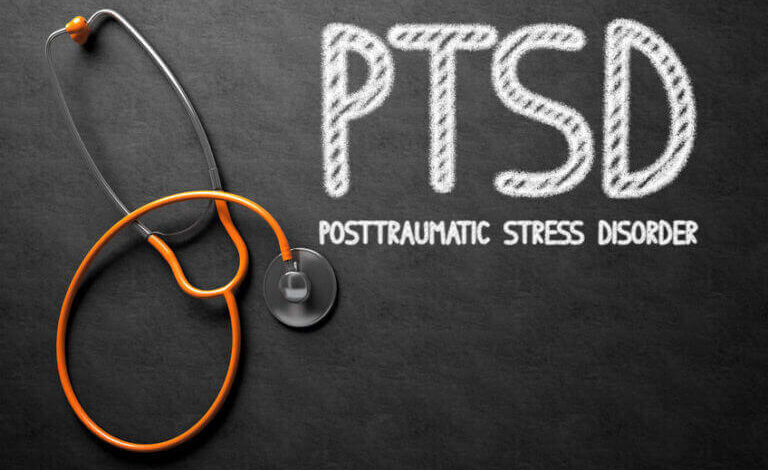“A person never truly gets ‘over’ a suicide loss. You get through it. Day by day. Sometimes it’s moment by moment.” -Holly Kohler.
Losing a loved one or someone close to you to suicide is one of the most difficult situations to navigate. The pain cannot be described and the intensity of the loss cannot be measured in any way, shape, or form. Many individuals may give you advice after your loss. They may tell you that it is okay to move on or that you have to be strong for your family. These words of advice are often stated with encouragement and the best intentions in mind, but any unsolicited advice can cut deep into your current wound.
The death of a loved one from suicide will have a major impact on every aspect of your life and you will most likely experience intense feelings of guilt, sadness, confusion, anger, and grief. Suicide grief feels overwhelming and can leave you feeling isolated. As a suicide survivor, there is no right way to grieve, no right way to feel, and no right way to process your feelings.
“As a suicide survivor, you not only have to bury your loved one and take care of the assets and finances left behind, but you also may struggle with so many unanswered questions that can take a toll on your grieving process:
- “Why did my loved one commit suicide”?
- “Could I have done anything to prevent this?”
- “Is this my fault”?
- “How long was my loved one suffering?”
- “Were there warning signs that I missed?”’
Defining Suicide Grief
Grief is a universal human reaction after a shocking or traumatic event or experience such as suicide. “Bereavement” is the situation of having experienced the death of a loved one, not the response to the loss. Bereaved by suicide is the situation of experiencing the loss of a loved one who took their own life. “Grief” is the response to loss, not simply an emotion. There is no one right way to grieve as every individual and every culture grieves differently.
Normal grief is characterized by feelings of sadness, anger, loneliness, guilt, a desire to join the deceased, and even a preoccupation with the circumstances of the deceased’s death. Clinically, grief is linked to a loved person who dies. Normal grief does not interfere with the individual’s functioning long after the event occurred and the individual will still be able to function in everyday life and adopt coping mechanisms to help them through this tough period. There is no specific diagnostic criterion for normal grief, as it is not considered a mental health disorder. Although there is no “treatment”, therapists recommend a strong support system, outpatient therapy (if needed), and adopting new positive coping mechanisms in order to adapt to everyday life.
“Allow yourself to grieve. We all grieve in our own time in our own way.” -Sally-Ann Ganzer
Emotional Numbness During the Grieving Process
Emotional numbness is an unhealthy coping mechanism employed by the mind to avoid intense and overwhelming emotions such as grief. When you are emotionally numb, you lose the ability to feel and experience your emotions on a psychological and emotional level. In this sense, emotional numbness is often clinically connected with dissociation, which is the disconnection from one’s memories, identity, environment, body, or senses.
Many individuals assume that emotional numbness is healthier than experiencing negative emotions however this is not true as individuals who are emotionally numb are hiding their feelings subconsciously and can risk lashing out or experiencing a flood of unwanted emotions when they least expect it.
Five Stages of Suicide Grief
There are five stages of grief: denial, anger, bargaining, depression, and acceptance, in no specific order. Negative emotions often will manifest in these five stages and emotional numbness can also play a major role in the grief process. Grief, in itself after a tragedy is normal however when these stages of grief become chronic and when the numbness or negative emotions begin to interrupt an individual’s personal life, social life, and professional life; professional therapy may be necessary.
Coping with Suicide Grief and Taking Care of Your Emotional Health
When a loved one dies by suicide, your life most likely will be turned upside down as you work through every emotion and try to grasp your new reality. You most likely will blame yourself, and question if you could have done anything to prevent this death while working through your own grieving process. There is no right or wrong way to grieve and many therapists encourage suicide survivors to grieve in their own way. Grief from suicide comes in intense waves that ebb and flow and can come with many unexpected emotions during the most unpredictable times. Therefore it is important to be patient and kind to yourself. Allow yourself to feel an emotion as it washes over you and then passes. Embrace the short moments of peace and joy that come between the hard emotions.
- Your loved one’s suicide does not define them: Your loved one had achievements, meaning and most likely lived an incredible life. The end of their life, even if it occurred tragically, does not have to define their character. Celebrate and remember your loved one for their achievements, moments of celebration, and the many reasons why you loved this person.
- Find a support group: Finding individuals who have walked in your shoes can help you move through your grief. There are many other suicide survivors who are willing to share their experiences with other people. Lean into them and even if you are not yet ready to share your story, just listening can help you feel less isolated in your grief. Lean in on your family and friends, even if they are not part of your suicide support group.
- Expect ups and downs: Brace yourself for powerful emotions as you will have some bad days and some good days. Lean into both the bad and the good and allow yourself to sit with the emotions until they pass.
- Keep a journal: Whether you choose to write down your feelings and experiences or write letters to your loved one, writing can be a therapeutic way to work through the dark side of grief. If you don’t know where to start, there are many journal prompts that can guide you through this process.
- Be prepared for painful reminders: Birthdays, anniversaries and holidays are going to be complicated and painful. Try to celebrate these days in honor of your loved one or create new memories on these days by starting new traditions.
- Allow yourself to find joy: Many suicide survivors will often feel guilty if they experience happiness. Allow yourself to feel joy, allow yourself to laugh, and allow yourself to have fun. Laughter and joy are not signs of “less grief”, but rather they are part of the grieving process. Your loved one would have wanted you to experience these happy moments.
When you face your grief, allow your feelings to flow, speak of your grief, and allow its expression, it is then that the focus moves from death and dying to promoting life and living. This is normal and okay, it is part of the grieving process. You can still remember and celebrate your loved one and live a fulfilling and purposeful life that is not primarily led by grief.




